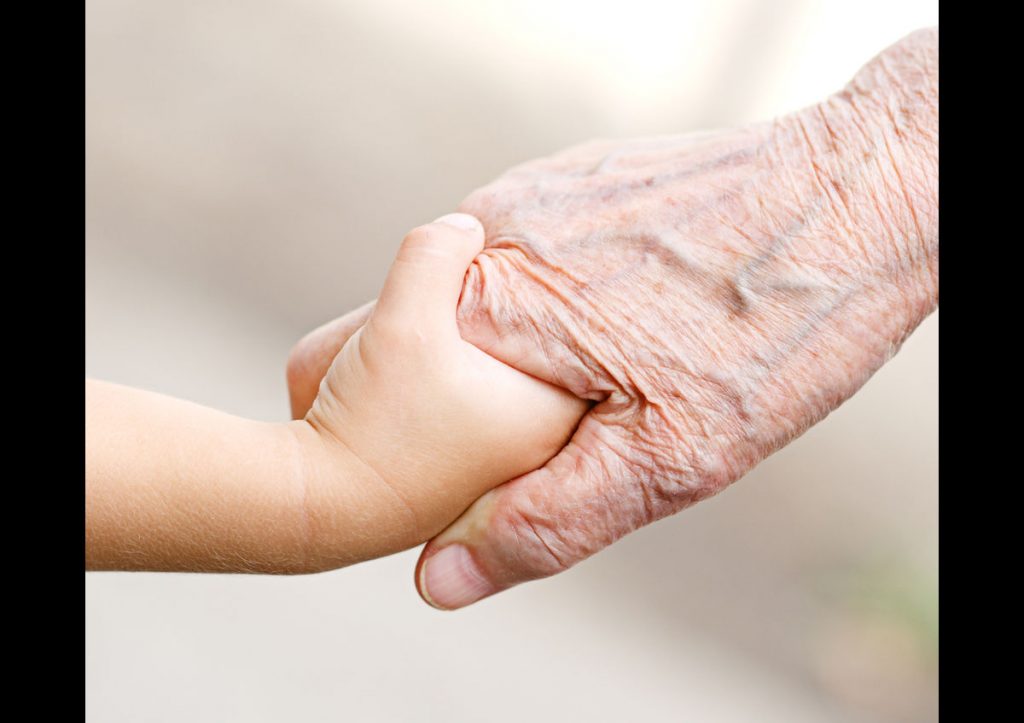October is designated by the American bishops as “Respect Life Month.”
As I write we are beginning our fifth annual Respect Life Week here in Los Angeles. We have a record 90 schools in the archdiocese participating in our programs this year, and I am pleased to report that 25 schools in the Archdiocese of Kansas City are also using our materials.
Throughout this Respect Life Month, we have been calling attention to end-of-life issues and devoting special prayers of intercession to St. John Paul II.
Workers in our Office of Life, Justice and Peace delivered materials to more than 200 parishes and trained more than 400 parish leaders, representing all our various ministries that serve human life and dignity — from immigration and homelessness, to human trafficking, defense of creation and alternatives to abortion.
Next Wednesday, Oct. 25, I will be joining about 8,000 of our Catholic high school students at the University of Southern California for Christian Service 4 Life, one of my favorite events each year.
The cause of life is the cause of our times. It is a sad commentary that we need to devote only a special month to “respecting life.” Every day and every moment we should stand in awe of the beauty and the holiness of human life.
The Scriptures tell us that the human person is sacred and precious in God’s eyes. That means all people, no matter who they are or the condition of their lives.
Human dignity is not granted by a legislature or court order. What gives our lives sanctity and dignity is that we are alive in the gaze of our Creator. But as the reality of God fades in our society, we are losing this sense of the sanctity of human life.
We are getting used to the almost daily attacks on human dignity — a hospital in England refuses to treat a baby because he is going to die anyway and then goes to court to stop the parents from taking their baby home; state officials in Oregon seize the children of a couple they decide are not “intelligent” enough to raise them.
The challenges to human dignity seem be taking new forms and getting more personal — with the powers that be intruding more and more into the once-sacred spaces of family and individual conscience.
Increasingly, our challenges come from technology. New advances in “gene editing” techniques now make it possible for doctors to “fix” genetic defects in the womb. This is marvelous and opens many possibilities for relieving suffering and curing disease.
But who will ensure that this technology is used for good and not for evil? Who will ask the questions — not “can” we do it, but “should” we do it? What will be our criteria for deciding?
Already we see that prenatal genetic screening leads to the routine destruction of “undesirable” children in the womb. Since the introduction of this technology, in Iceland nearly every child with Down syndrome is now the victim of abortion.
It is not only in Iceland. Everywhere, sadly, we see evidence that children with Down syndrome are becoming more scarce, their lives silenced before they even had the chance to be born.
Technologies are never “neutral.” They are always far more than simply tools we use to accomplish a task. Using these tools gives us new powers and possibilities. In doing that, technology changes the way we think about ourselves and our place in the world.
The automobile and then the airplane changed the way we think about space and time. This led to the creation of entirely new ways of organizing communities, changing the way we live, work and think about our relationships.
The new biotechnologies enable us to change the material makeup of our humanity, the “stuff” of our human body. And as we use these techniques, they are changing how we think about human nature — about who we are and what we are made of, and about what it means to be a human being.
Leading voices in our culture today now challenge the belief that our bodies are in any way “necessary” to who we are. They argue that there is no fixed human nature, that everything is “fluid” and we can define for ourselves what it means to be human, based on our own desires.
To respect life, we need to know the truth about life — and for that we need Jesus Christ.
So this must be our mission: to seek new ways to enable Jesus Christ to speak in our world today. We need to restore the religious perspective that will enable our neighbors to see that the human person is more than another organism in the natural world. We need to help our neighbors to see the amazing reality that they are alive in the loving and purposeful gaze of the living God.
Pray for me this week and know that I will be praying for you.
And let us ask our Blessed Mother Mary to help us to always serve life and defend life and open our hearts to those who suffer.
You can follow Archbishop Gomez daily via Facebook, Twitter and Instagram.

